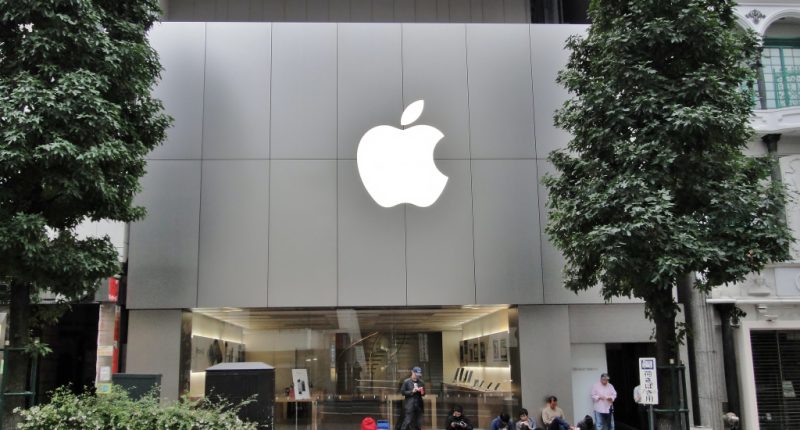Apple is, once again, in hot waters — French prosecutors have launched a criminal investigation into the tech titan over allegations that its voice assistant Siri may have unlawfully collected and analyzed user conversations without consent.
The probe, now under the jurisdiction of France’s Office for Combating Cybercrime, stems from a complaint filed by the human rights organization Ligue des Droits de l’Homme (LDH) and testimony from a former Apple contractor who claims to have witnessed systemic privacy violations within the company’s voice data practices.
The case marks the first time French authorities have opened a formal criminal inquiry into the handling of voice assistant data by a major US Big Tech firm.
The investigation was triggered by evidence submitted by Thomas Le Bonniec, a former Apple subcontractor who previously worked on Siri’s audio analysis team in Ireland. Le Bonniec alleges that contractors tasked with reviewing Siri recordings routinely accessed sensitive user data — including fragments of private medical discussions, personal relationships, and financial exchanges — all without explicit user permission.
His testimony forms the basis of LDH’s complaint, which accuses Apple of collecting, recording, and processing voice data from Siri interactions in violation of French privacy law and the European Union’s General Data Protection Regulation (GDPR). The organization contends that Apple’s system of “grading” audio clips (a practice used to improve Siri’s recognition accuracy) was conducted without clear consent and that anonymization measures were insufficient to prevent potential identification of individuals.
Apple, for its part, has denied any wrongdoing, stating that Siri does not record or share user audio without consent. The company pointed to a series of privacy reforms implemented after 2019, when reports first revealed that contractors had been listening to small samples of Siri interactions to enhance transcription accuracy. In response to that backlash, Apple paused the program, made data collection opt-in, and committed to handling all reviews internally under tighter controls.
In an earlier statement, Apple reiterated that Siri conversations are neither sold to advertisers nor shared with marketers. The company maintains that users who opt in to voice analytics do so under full transparency, and recordings are retained solely for product improvement for a limited duration.
The French investigation arrives at a time when European regulators are intensifying oversight of large technology firms. France has positioned itself at the forefront of digital privacy enforcement, pursuing cases against Meta, Google, and Amazon under the GDPR, and implementing its own tax framework for digital services.
It seems that prosecutors will seek to determine whether Apple failed to obtain informed consent from users and whether its subcontracting arrangements for data processing breached confidentiality standards. If found culpable, the company could face criminal penalties under France’s penal code, in addition to administrative sanctions from the national data protection authority, CNIL.
The Office for Combating Cybercrime will now examine the technical architecture of Siri’s data handling — including how recordings are stored, who has access, and whether data could be cross-referenced with identifiers such as device IDs or location logs. Furthermore, investigators will also assess whether Apple’s contractual controls over third-party graders were adequate and whether the company disclosed enough about such practices in its privacy documentation.
The probe carries implications that extend far beyond Apple. Voice assistants (from Amazon’s Alexa to Google Assistant) depend on massive datasets of human speech to refine their algorithms. In several cases, those systems have been found to capture snippets of unintended recordings, raising concerns that “always-listening” technologies blur the line between convenience and covert surveillance.
And even if the investigation yields no conviction, the proceedings could reignite public skepticism about the true extent of corporate access to personal data amidst the craze for AI.
The Tech Portal is published by Blue Box Media Private Limited. Our investors have no influence over our reporting. Read our full Ownership and Funding Disclosure →






